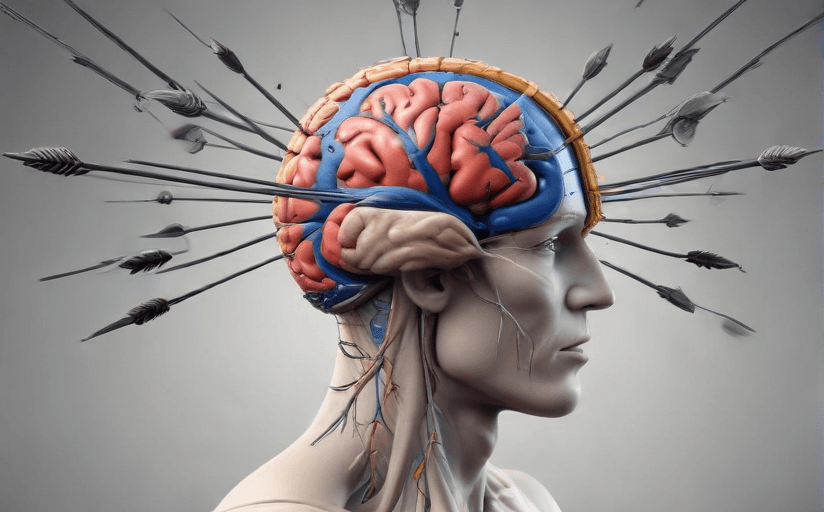The Relation and Impact of Mental Health on Physical Wellbeing
As evidence continues to support the interconnectedness of our physical and mental health, it is becoming increasingly clear that maintaining good mental health has a significant impact on our physical wellbeing. Mental disorders such as anxiety, depression, and stress can manifest as tangible physiological effects.
Connection between Mental Disorders and Physical Health
The effects of mental health conditions on physical health include heart disease, stroke, type 2 diabetes, and even some forms of cancer. For instance, long-term stress can lead to high blood pressure, detrimental changes in blood lipid levels, and obesity.
According to a study published in the American Journal of Psychiatry, there is a substantial link between psychiatric disorders like depression and an increased risk of mortality from complications of chronic physical illnesses.[1]
Adverse physical effects are not confined to long-term, physiological changes. Mental disorders such as anxiety and depression can also lead to short-term physical symptoms, such as headaches, stomachaches, or fatigue.[2]
Improving Physical Health through Treating Mental Health
Addressing mental health disorders can lead to significant improvements in overall physical health. Cognitive-behavioral therapy has been shown to improve the overall quality of life in patients with chronic illness by helping them manage stress and emotional turmoil.[3]
Maintaining Good Mental Health for Physical Wellbeing
Active strategies for maintaining good mental health include regular exercise, healthy diet, getting enough sleep, spending time outdoors, and maintaining good social connections.
Mindfulness and meditation, in particular, have been shown to be beneficial in managing mental disorders. A meta-analysis in JAMA Internal Medicine found that mindfulness meditation improves anxiety and depression symptoms.[4]
The Importance of Incorporating Mental Health Care into General Health Care
Considering these connections, incorporating mental health care into general health care regimens is crucial for holistic wellbeing. Complete wellness is not just about physical fitness or the absence of disease but also involves good mental health.
References
- Psychiatric Disorders and Physical Health: A Longitudinal Study of Young Adults. American Journal of Psychiatry
- Physical Symptoms of Depression and Anxiety. WebMD
- Cognitive-behavioral therapy for depression improves pain and perceived control of pain. Archives of Internal Medicine
- Meditation Programs for Psychological Stress and Well-being: A Systematic Review and Meta-analysis. JAMA Internal Medicine



















Comments
Leave a Comment